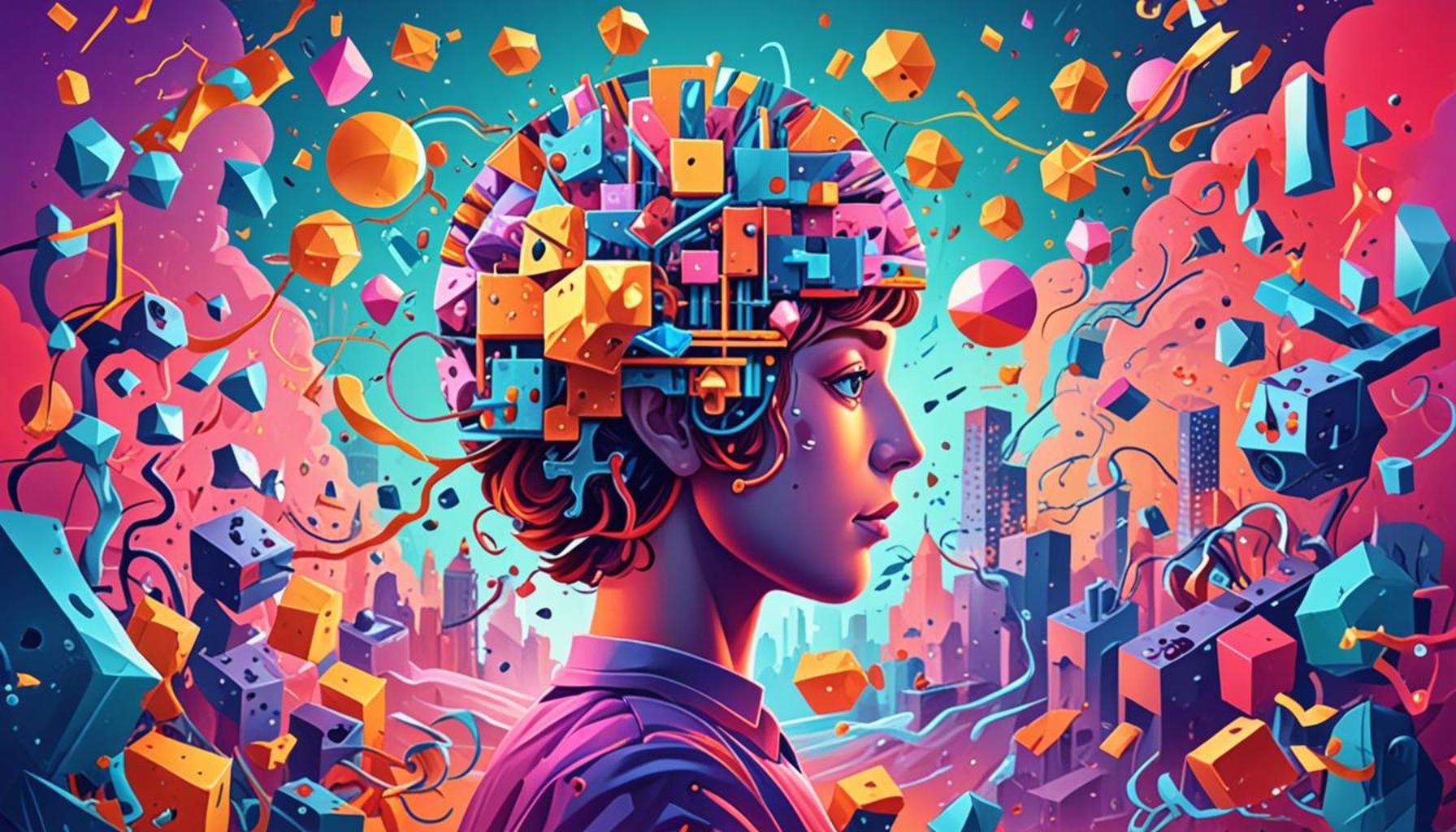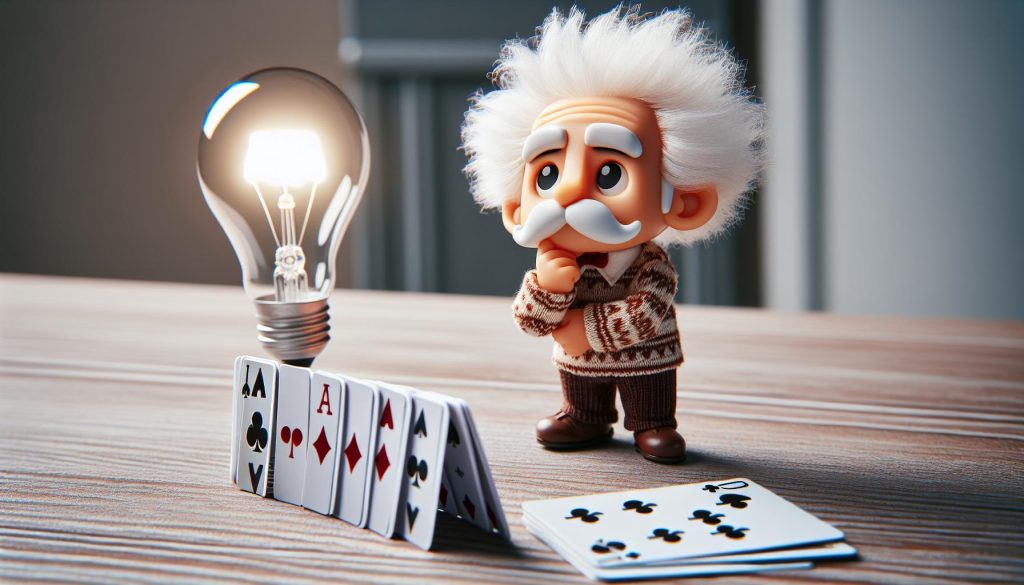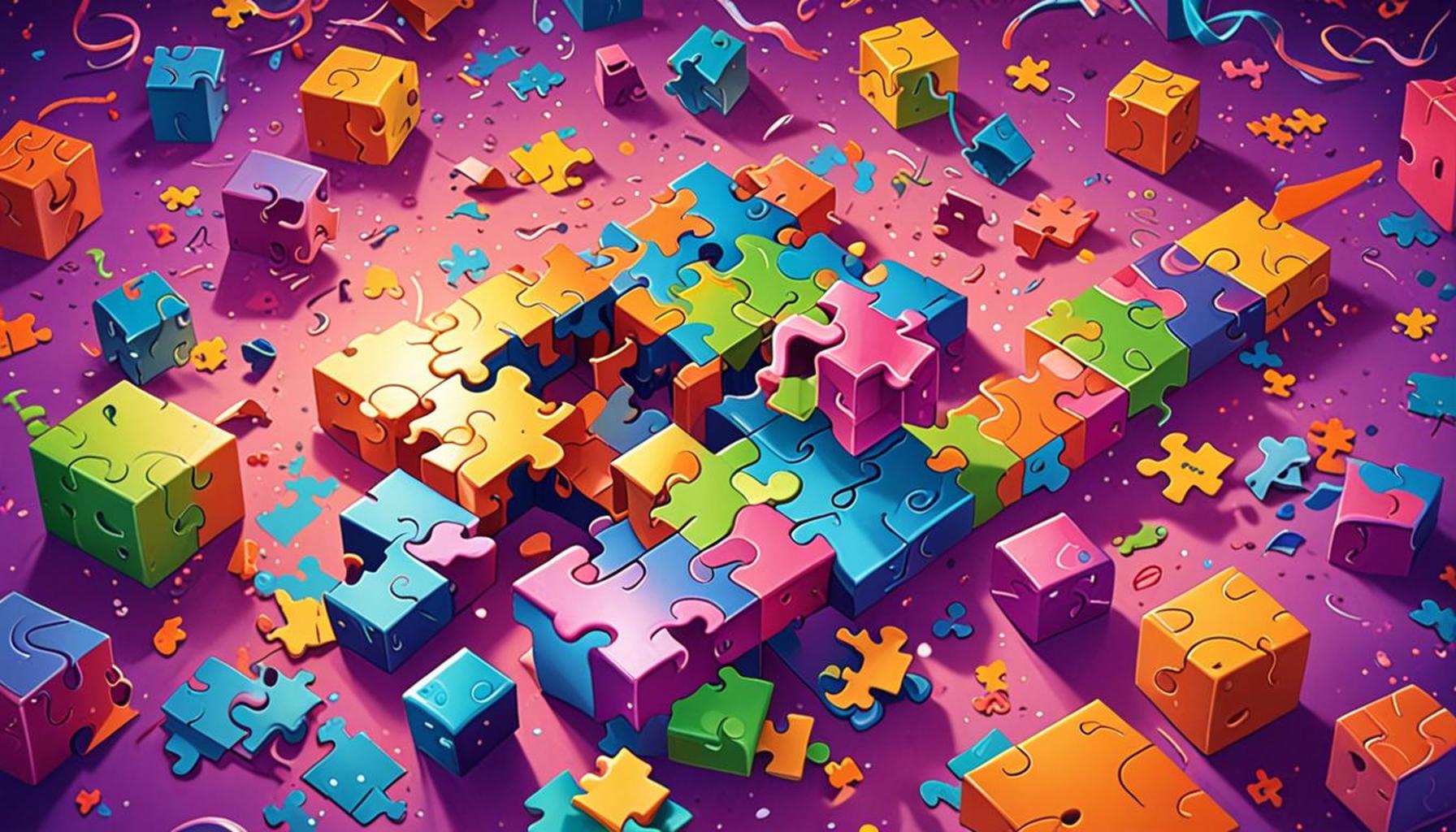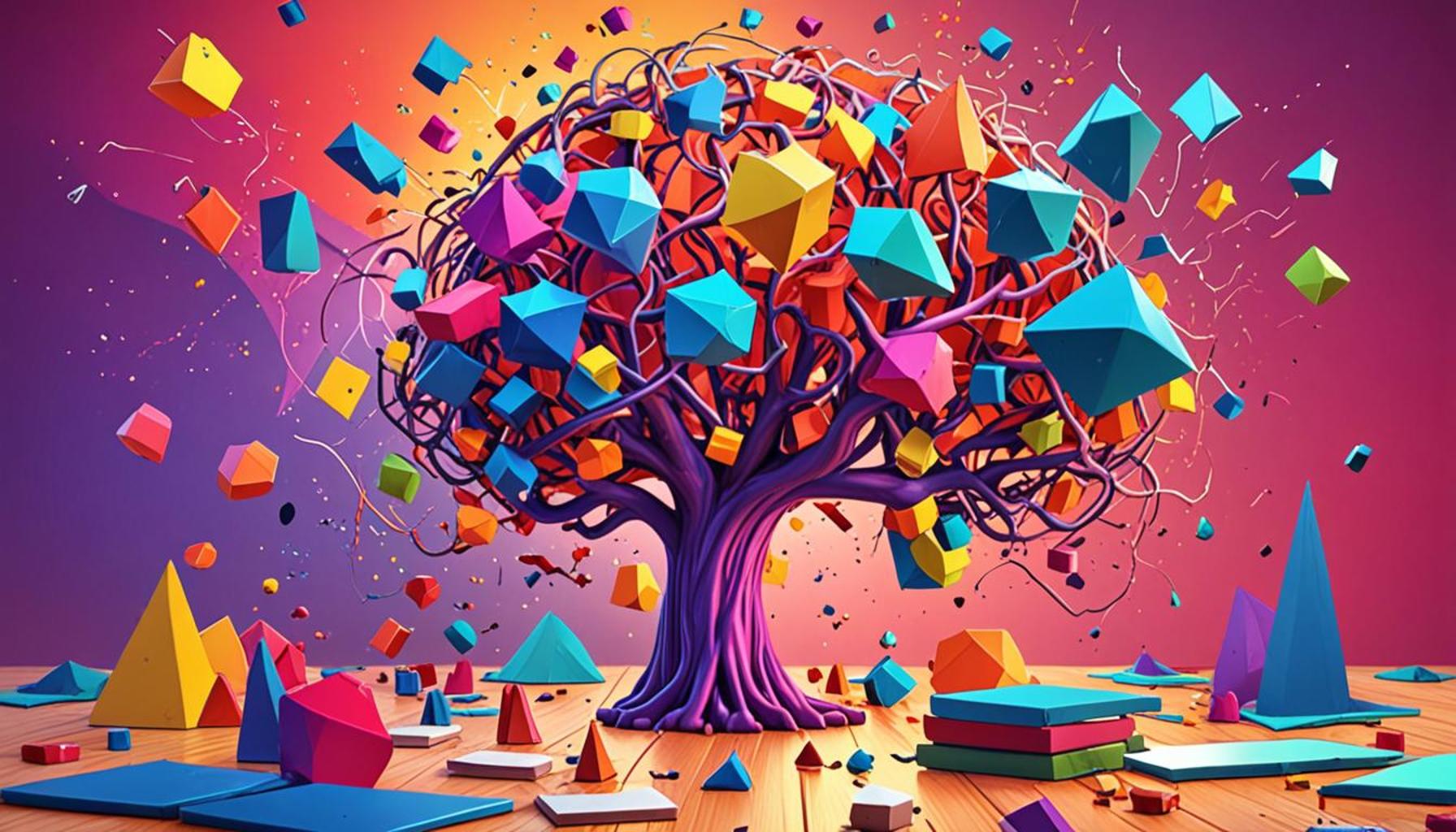How Mental Games Can Enhance Your Problem-Solving Skills

The Cognitive Benefits of Engaging in Mental Games
In an era where the ability to adapt and think outside the box is paramount, the cultivation of problem-solving skills has never been more crucial. One might be surprised to learn that many of these skills can be effectively honed through mental games. These activities offer more than just a way to pass the time; they serve as dynamic tools for enhancing cognitive functions, encouraging individuals to think critically and creatively.
Mental games come in an array of options, appealing to a wide range of interests. Here are some classic examples:
- Chess: Often referred to as the “royal game,” chess has a rich history and requires players to think several moves ahead, fostering strategic planning and critical thinking skills. Players learn to anticipate their opponent’s actions while developing their own tactics.
- Sudoku: This number puzzle challenges players to fill a grid with numbers so that each column, row, and subgrid contains all the digits without repetition. Engaging with Sudoku enhances logical reasoning and develops pattern recognition abilities, making it a favorite among puzzle enthusiasts.
- Brain-Training Apps: The digital age has ushered in a host of applications designed to challenge cognitive skills. Games like Lumosity, Elevate, or Peak offer tailored exercises targeting memory, attention, and problem-solving, making them accessible to anyone with a smartphone.
Participating in these games can yield substantial cognitive benefits that are easily overlooked. For instance, players often experience:
- Improved Focus: Mental games require a substantial amount of concentration, which can enhance your ability to pay attention to tasks in both professional and personal settings.
- Enhanced Memory: Many games demand that players remember specific strategies or positions, thus bolstering memory retention over time. This exercise can translate into better overall memory function in daily life.
- Increased Creativity: By challenging players to navigate through complex problems and think outside conventional patterns, mental games can ignite innovative thinking and creative problem-solving approaches.
Diving into the realm of mental games not only provides enjoyment; it also opens up pathways to superior problem-solving skills that can be invaluable in various aspects of life, from academic pursuits to workplace challenges. As one delves deeper into these engaging activities, the cognitive landscape expands, laying the groundwork for new opportunities in both personal and professional realms.
In conclusion, exploring the world of mental games can lead to significant improvements in your cognitive abilities. Whether you find yourself strategizing in a game of chess or filling in a Sudoku grid during your commute, each experience offers a unique chance to enhance your mental agility. As you explore these games, consider how they might serve as not just a source of entertainment, but also a powerful means to unlock your mind’s full potential.

DISCOVER MORE: Click here to dive deeper
The Mechanics of Problem-Solving in Mental Games
Understanding how mental games can enhance your problem-solving skills begins with an examination of the underlying mechanics that drive these activities. Each game presents unique challenges that compel players to engage in critical thinking and develop innovative strategies to achieve victory. This process mirrors real-life problem-solving scenarios, where individuals are often faced with complex issues requiring similar analytical skills.
At the core of most mental games is the concept of strategic planning. In games such as chess, players must not only understand their own objectives but also anticipate potential moves from their opponents. This foresight cultivates a mindset that is capable of evaluating multiple scenarios simultaneously. Here are a few ways mental games simulate effective problem-solving practices:
- Scenario Analysis: Players learn to assess various outcomes based on their choices. For example, in chess, analyzing potential moves encourages players to weigh the pros and cons of each option, honing their ability to make informed decisions under pressure.
- Resource Management: Many mental games require careful consideration of limited resources. In games like Settlers of Catan, players must wisely allocate resources to build settlements and expand their territories. This skill is vital in real-world problem-solving, where individuals often need to optimize available resources to achieve their goals.
- Pattern Recognition: Engaging with puzzles such as Sudoku sharpens an individual’s ability to detect relationships and patterns. This exercise is particularly useful in complex problem-solving scenarios, where identifying underlying structures can lead to more efficient solutions.
Moreover, mental games offer a safe environment for experimenting with different approaches to solving problems. Players can make mistakes and learn from them without facing significant consequences. This aspect of gameplay fosters a willingness to try unconventional methods, which can be directly translated into real-life challenges.
Research indicates that consistent engagement in mental games can elevate cognitive flexibility—the ability to adapt one’s thinking and strategies when faced with new situations. This trait is essential for effective problem-solving, enabling individuals to approach problems from various angles. A study conducted by the University of California found that individuals who regularly played strategic games demonstrated superior performance in problem-solving tasks compared to those who did not.
As individuals continue to test their limits through mental games, they may also experience a notable boost in their self-confidence regarding their problem-solving capabilities. The thrill of overcoming challenges within a game helps reinforce the belief that one can tackle real-world problems with similar tenacity and creativity. This psychological benefit can be a game changer in both personal and professional settings, as it empowers individuals to seek solutions with renewed zeal.
In summary, the mechanics of problem-solving inherent in mental games serve as an invaluable training ground. They not only sharpen cognitive abilities but also nurture the mindset needed to navigate complex challenges. Engaging with these games can pave the way for enhanced skills that translate seamlessly into everyday life.
How Mental Games Can Enhance Your Problem-Solving Skills
Mental games are not just a form of entertainment; they serve a deeper purpose by developing cognitive abilities essential for effective problem-solving. These games push you to think critically, strategize, and adapt under pressure, all of which are core components of decision-making processes in real-life situations. By engaging in activities designed to stimulate your brain, you can train yourself to view challenges from multiple perspectives. For instance, games such as chess, sudoku, or puzzle-solving mechanics compel players to evaluate their moves carefully, considering both short-term outcomes and long-term implications. This framework not only enhances your analytical abilities but also builds resilience against frustration and defeat, allowing you to approach problems with a level head.Research indicates that regular participation in mental games can lead to long-term cognitive benefits, such as increased memory retention and better analytical thinking. Engaging in these activities can significantly boost your confidence in addressing complex challenges, which is invaluable in both personal and professional contexts.Below is a table showcasing some key advantages associated with mental games and their impact on problem-solving skills:
| Category | Benefits |
|---|---|
| Critical Thinking | Improves your ability to analyze and evaluate situations. |
| Strategic Planning | Enhances foresight in problem assessment and solving. |
By immersing yourself in mental games, you not only engage your mind but also prepare yourself for the unpredictable nature of real-world challenges. Whether it’s through sharpening your focus or expanding your thought processes, the path to honing your problem-solving skills is indeed paved with strategic mental gameplay.
DIVE DEEPER: Click here to uncover the secrets of music and memory
The Psychological Benefits of Mental Games in Problem-Solving
Beyond the mechanics of strategic thinking and resource management, mental games bring a wealth of psychological benefits that play a crucial role in enhancing one’s problem-solving skills. Engaging in these cognitive challenges fosters not only intellectual growth but also emotional resilience, both of which are invaluable in navigating real-world obstacles.
One key aspect is the element of stress management. In many professional environments, the pressure to deliver results can be paralyzing. Mental games, through simulated high-stakes situations, equip players with the tools to manage stress effectively. For instance, games like poker require players to stay calm and make rational choices even under intense pressure. This experience trains individuals to maintain clarity in their thought processes when confronted with real-life dilemmas, increasing their ability to stay focused on solutions rather than succumbing to anxiety.
Moreover, mental games cultivate a sense of perseverance. In a game like Candy Crush, players often face challenging levels that require multiple attempts to clear. This persistence fosters a growth mindset that emphasizes resilience—the belief that abilities can be developed through dedication and hard work. When players encounter setbacks within the game, they learn to refine their strategies rather than giving up. This skill is particularly useful in problem-solving, where solutions often require multiple trials and adjustments.
Furthermore, collaboration is an important aspect of many mental games, such as team-based strategy games like Overcooked. These games enhance one’s ability to work with others, encouraging communication and cooperation. In the workplace, effective problem-solving often hinges on collaborative efforts; being able to listen to diverse perspectives and articulate one’s ideas clearly can lead to innovative solutions. Players become accustomed to brainstorming and negotiating within the game environment, equipping them with interpersonal skills that translate directly to professional settings.
Another transformative tool within mental games is the concept of feedback loops. Games like the classic Tetris require players to react quickly and adapt their strategies based on immediate feedback from the game’s mechanics. This mirrors how individuals revise their approaches in real-life problem-solving based on new information or changing circumstances. Learning to iterate on decisions in games fosters a culture of continuous improvement, enabling players to embrace feedback rather than fearing it.
Additionally, studies have shown that playing mental games regularly can lead to improved cognitive agility. This is the capacity to switch between different tasks or thinking processes swiftly. Research published in the Journal of Cognitive Neuroscience highlights that individuals who engage with cognitive games tend to perform better in multitasking environments and have sharper decision-making capabilities. This ability is a game-changer in hectic workplaces, where juggling various responsibilities while executing tasks efficiently is often required.
As players delve deeper into these mental challenges, they cultivate an awareness of their own cognitive biases and limitations. Understanding these nuances allows for better self-regulation when tackling complex issues in real life. By recognizing patterns in their own decision-making, players are equipped to approach problems from a more organized and strategic standpoint.
In essence, the psychological dimensions of mental games extend far beyond entertainment; they contribute immensely to developing a robust toolkit for effective problem-solving. Engaging with these games not only hones technical skills but nurtures essential life skills that are applicable in numerous contexts.
DIVE DEEPER: Click here to discover the therapeutic effects of board games
Conclusion
In a world increasingly driven by complexity and rapid change, honing your problem-solving skills has become more crucial than ever. Mental games emerge as powerful tools in this quest. Through immersive environments that encourage strategic thinking, resilience, and collaboration, participants not only enjoy a rich source of entertainment but also cultivate valuable, lifelong skills. By simulating real-world challenges, these games present valuable lessons on stress management, persistence, and interpersonal communication.
The benefits of engaging with mental games extend to improved cognitive agility and a deeper understanding of one’s own cognitive biases. They provide players with frameworks for embracing feedback and iterating their strategies, which can be directly applied in both personal and professional scenarios. Whether you’re playing a high-stakes card game or managing a chaotic kitchen in a multiplayer scenario, the lessons learned translate seamlessly into everyday problem-solving.
For those looking to enhance their abilities, incorporating mental games into your routine could be a transformative move. As scholarly research continues to underscore the cognitive and psychological advantages of these activities, the link between play and personal development becomes clearer. So, why not take a step into the world of mental games? Discover how a little strategic fun can lead to significant gains in your capacity to solve problems and face the challenges of today’s dynamic environment with confidence and skill.


